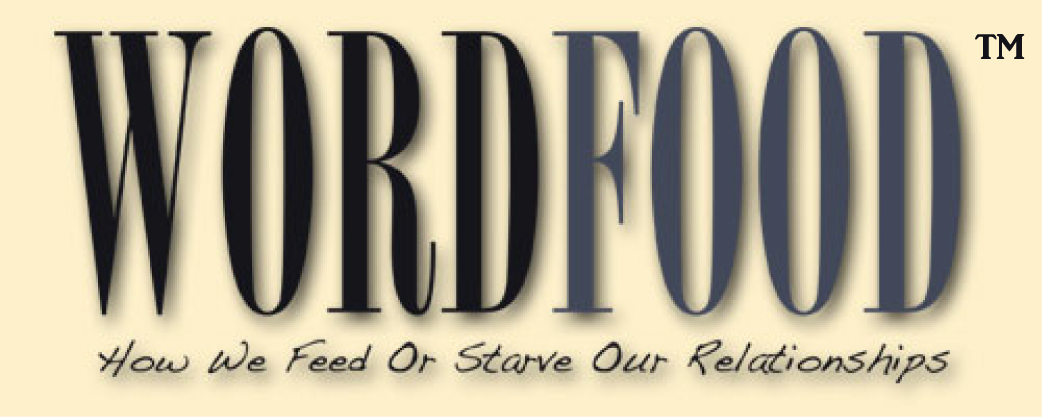The other day I went to lunch with my financial advisor, whom I hadn’t seen in several years. She asked me a perfectly reasonable question: “How’s it going?” And I told her. And went on a rant. Two big accounts hadn’t worked out, I had worked hard on them, yadda yadda. After a while I began to listen to myself, how negative I sounded. “That’s pretty toxic,” a part of me thought,” and that’s not how I want to be in the world.” Clearly a piece of me needed to vent, which is understandable. But our words are indicative of our inner world and it’s instructive to take a look at the pictures they paint about our beliefs about ourselves and our place in life. What I was painting wasn’t pretty.
I slowed down and took a breath. My lunch partner was kind enough to replay some of what she heard. We agreed I might need to take a stress break. But more than that, the gift she gave me was the mirror. It wasn’t fun to hear myself complain. By the end of lunch we were laughing and I was over myself.
When I looked back honestly at what had cancelled, one contract was a bullet I’m glad I dodged. And the other was work that I no longer really want to do. So really, what’s been lost? Sometimes the Universe forces a major housecleaning so that new opportunities can appear. We’re so busy concentrating on what we’re losing that we’re not open to what’s possible. We focus on our losses, and can be blind to what’s coming.
My coach Lari talks about being “in question.” Holding an open space around what’s next. Being willing to not know. The way he describes it is that we need to “push away from the side of the pool.” Since I have a fear of drowning this analogy has real meaning for me. It means I dog paddle for a while in the deep end.
Lunch was a gift, a reminder of how we sometimes get swept away by life and by our negativity. I took time to consider how lucky I am and how much there is to be thankful for in all aspects of my world. Afterwards I mentally pushed away from the side of the pool and figured what would come, would come.
The next conversation I had with a new potential client was amazing. We immediately clicked. It could lead to a remarkable relationship. All signs point to a lot of potential, but more importantly, work I love for a company I respect. Had I gotten the other two accounts, this couldn’t happen.
Do you listen to how you sound? Are you lucky enough, as I was, to have someone play back your WordFood so that you can hear when you’re being toxic? These are our true friends. We all have parts that want to vent but there’s a time to put that part to pasture and make room for what’s possible. Pay attention to your words, and what they are saying about your state of mind.

